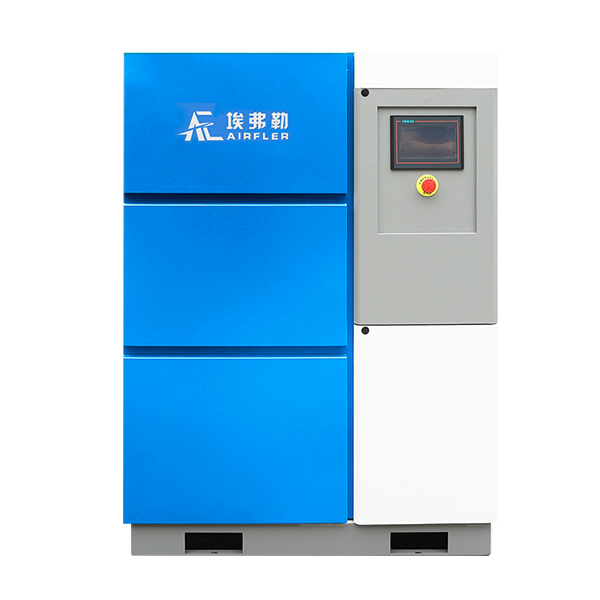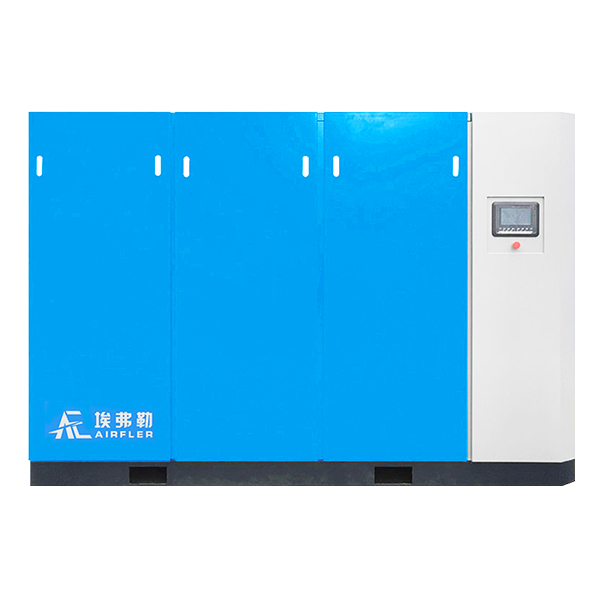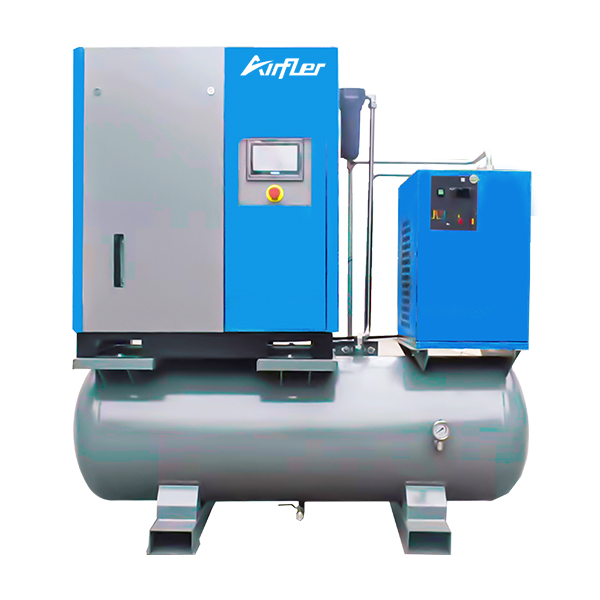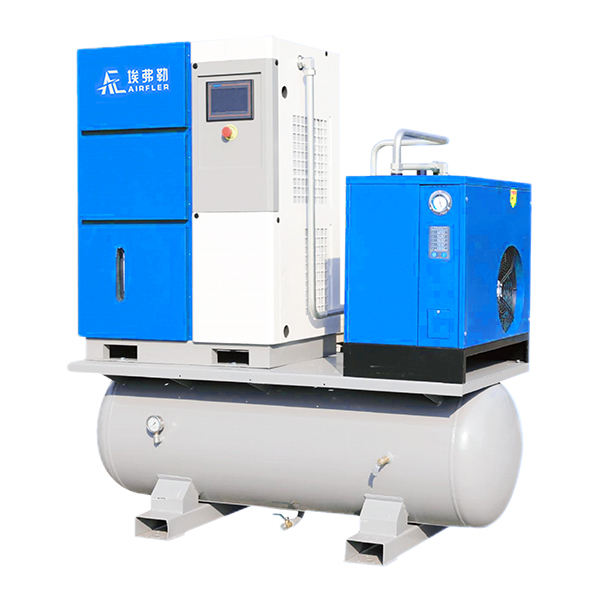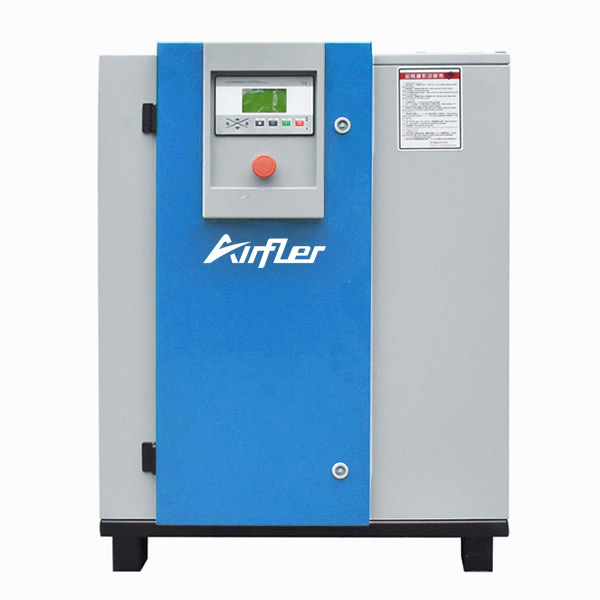As industries prioritize sustainability, oil-flooded screw compressors are evolving to meet environmental and operational demands. Here’s how technological advancements are reshaping their role:
① Energy Recovery Systems
Modern compressors recover 90% of waste heat for water heating, facility warming, or preheating raw materials. For example, dairy plants reuse heat for pasteurization, cutting boiler costs by 40%.
② Smart Control and IoT Integration
AI-driven systems optimize performance through real-time monitoring of pressure, temperature, and energy use. Predictive maintenance alerts reduce downtime by 25%, while cloud-based analytics enable remote troubleshooting.
③ Eco-Friendly Lubricants
Biodegradable oils minimize environmental impact in sensitive sectors like agriculture and wastewater treatment. Enhanced oil separation technology reduces emissions to <3 ppm, complying with stringent EU and North American regulations.
④ High-Pressure Adaptability
Innovative designs address industry-specific needs:
PET Blow Molding: Compressors deliver 3.5–4 MPa air for precision bottle shaping, with integrated dryers achieving dew points below -40°C to prevent moisture defects.
Hydrogen Production: Multi-stage models (40–500 bar) support cryogenic separation and cylinder filling, critical for renewable energy projects.
⑤ Noise and Emission Reduction
Advanced acoustic enclosures lower noise levels to <65 dB, while closed-loop oil systems prevent leaks and soil contamination. These features align with global ESG standards and green manufacturing initiatives.
Market Trends:
Growing Demand: The global oil-flooded screw compressor market is projected to grow at a 6.8% CAGR through 2030, driven by industrialization in Southeast Asia and Africa.
Customization: Manufacturers now offer modular designs tailored to sector-specific pressure, flow, and environmental requirements.
 English
English 简体中文
简体中文 French
French English
English Portuguese
Portuguese Russian
Russian Spanish
Spanish
